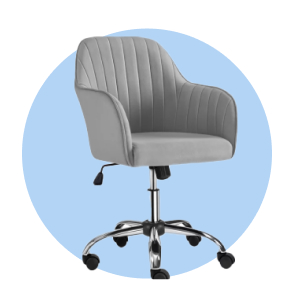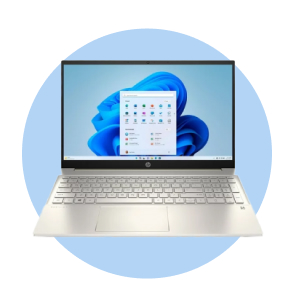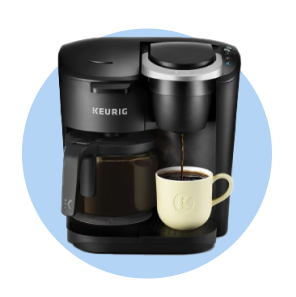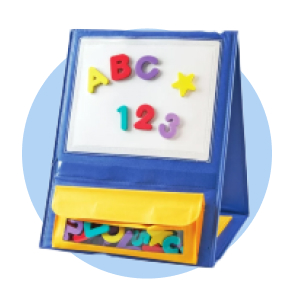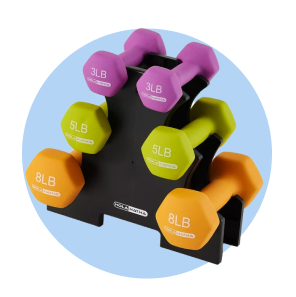
Office Expenses vs. Supplies: What's the Difference?
It's critical to track purchases properly
Starting your own business comes with numerous costs. You’ll need infrastructure to keep the office running, like electricity and reliable internet service. Then there are the physical items, such as furniture, electronics and paper goods.
While these costs may all seem similar, they actually fall into two distinct categories: office expenses and office supplies. Understanding the nuances of office expenses vs. supplies is important for a number of reasons, including tax purposes. Here’s how to tell the difference—and why it matters.
Understanding the difference
Office expenses
Office expenses generally refers to services like web hosting, software-as-a-service applications, business phone lines and other ongoing costs associated with running a business. Employee salaries, cleaning costs, rent or mortgage payments and utilities also count as office expenses. Major purchases like desks, chairs and computers would also be considered office expenses.
Office supplies
Office supplies are items that need to be replaced regularly. Printer paper, notepads, coffee and creamer for the breakroom, ink and toner are common examples of office supplies.
If you’re unsure whether a particular item counts as an expense or a supply, think about how often you’ll have to restock it and whether it contributes more to the short-term or long-term operations of your company.
Want to learn more about properly setting up your business for current and future success? Read Creating a Strong Brand Identity: 7 Tips for Small Business Owners.

Why understanding office expenses vs. supplies matters
Discerning the differences between supplies and expenses might feel like nitpicking, but you’ll need to be clear when it’s time to do your taxes. You want to properly report office expenses and supplies in order to receive the proper tax deductions. For example, you may be able to write off expenses that depreciate in value over time, such as electronics.
Understanding these nuances also helps you better evaluate the financial health of your business. If you need to calculate operating costs, having an accurate accounting of your expenses will make the math much simpler. You can also see if you’re spending too much on supplies and if you can reduce that or find lower-cost alternatives.
Gain a deeper understanding of how to categorize and manage your business expenses effectively when you read 7 Things to Look for in a Business Expense Tracker.
Stock up with Walmart Business+
When it comes time to find a retail partner for office expenses and supplies, Walmart Business+ can help. From long-term purchases like furniture and technology to supplies for the day-to-day, Walmart Business+ offers free shipping with no order minimum1 and 2% back in Walmart Business Rewards on orders $250 or more2. Walmart Business+ also helps you manage your budget with Spend Analytics that unearth valuable insights about spending patterns. Get started now.
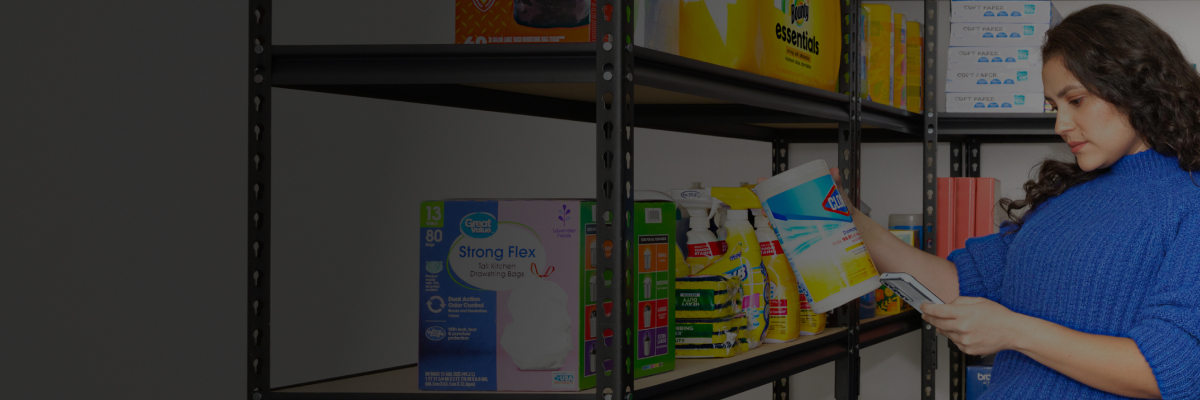
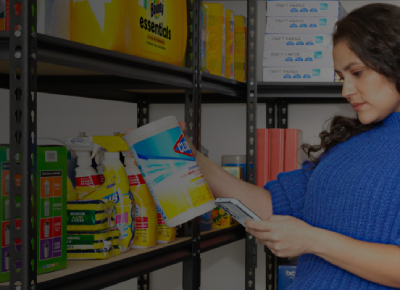
Limited-time offer
Unlock your special promo code
Stay informed on Walmart Business news & get $20 off a $100 purchase!1
1Minimum order of $100. Promo code can be used one time & may not be combined with other offers. Offer not transferable & void where prohibited by law. Customer responsible for all applicable taxes. Offer expires 12/31/2025 at 11:59pm PT. Further restrictions apply. See terms at checkout for details. Promo code offers available in limited quantities. While supplies last.
1Excludes Marketplace & oversized items, location & freight surcharges
2Exclusions apply. See full terms for details.
Exciting news awaits
Hear firsthand about new products, features & promotions.
By clicking submit, you agree to receive emails about Walmart Business and acknowledge you have read and agreed to our Terms of use and Privacy Policy.



